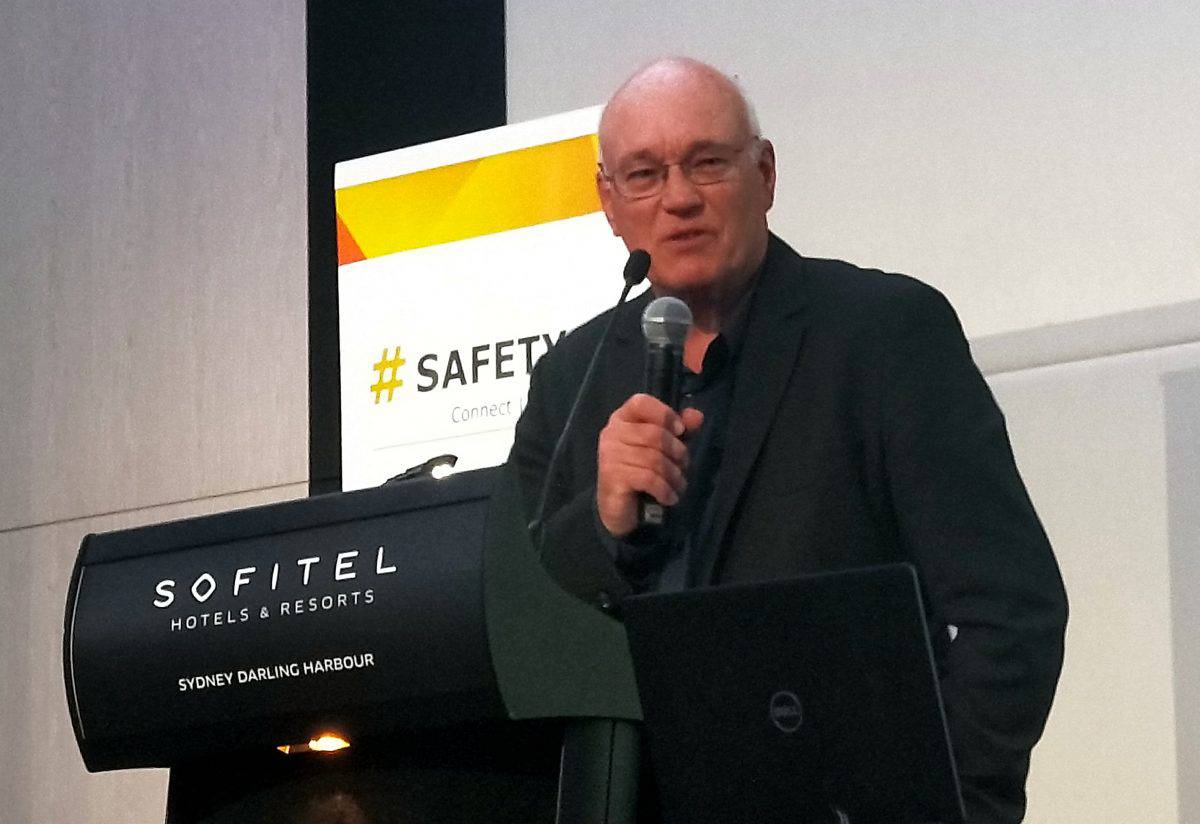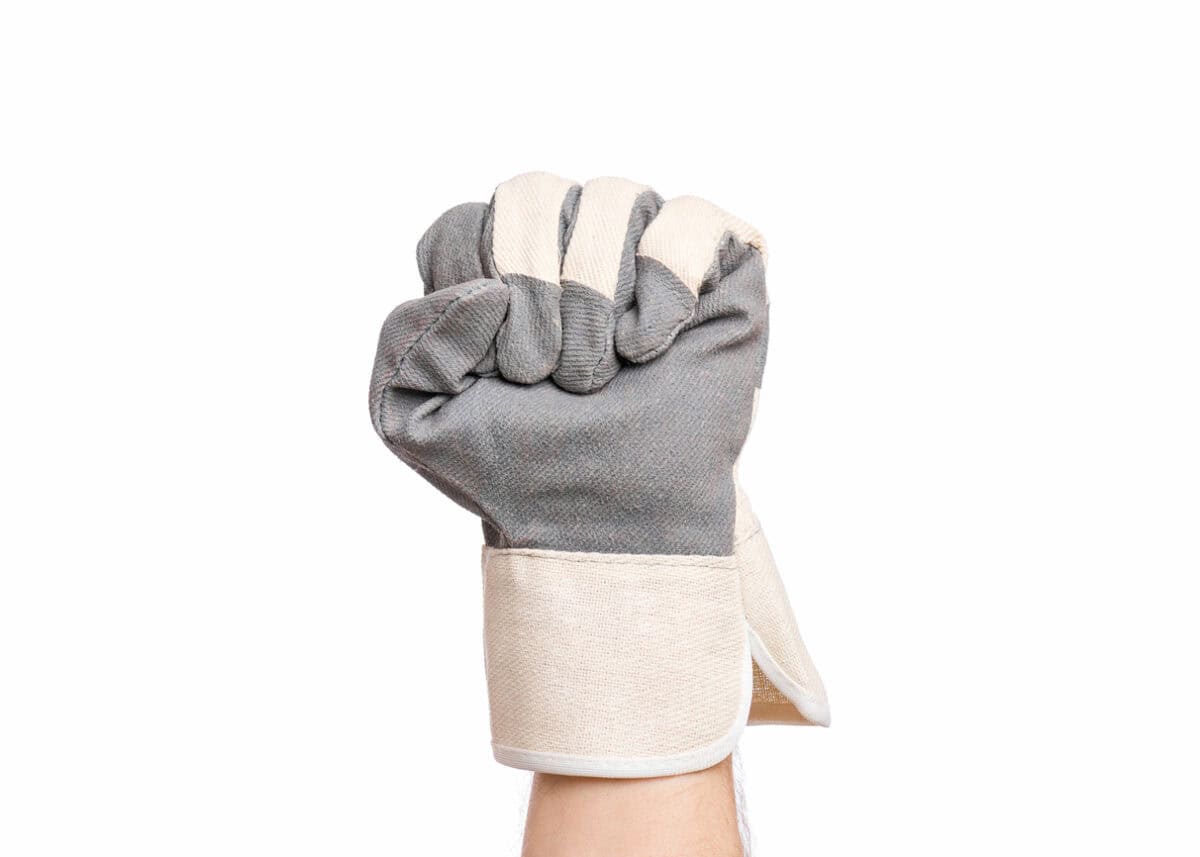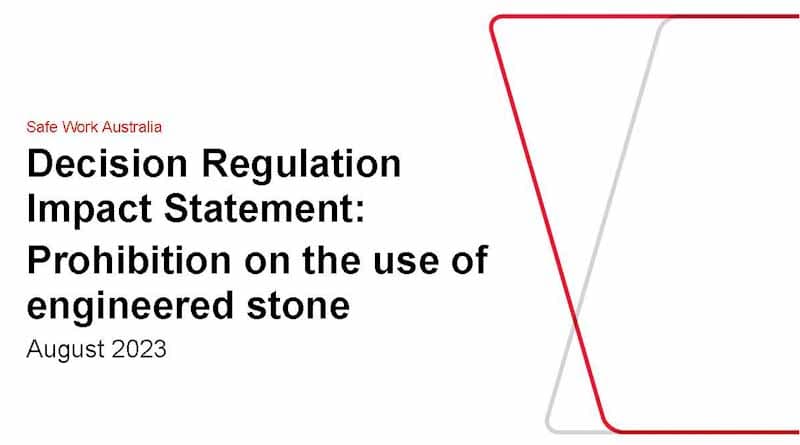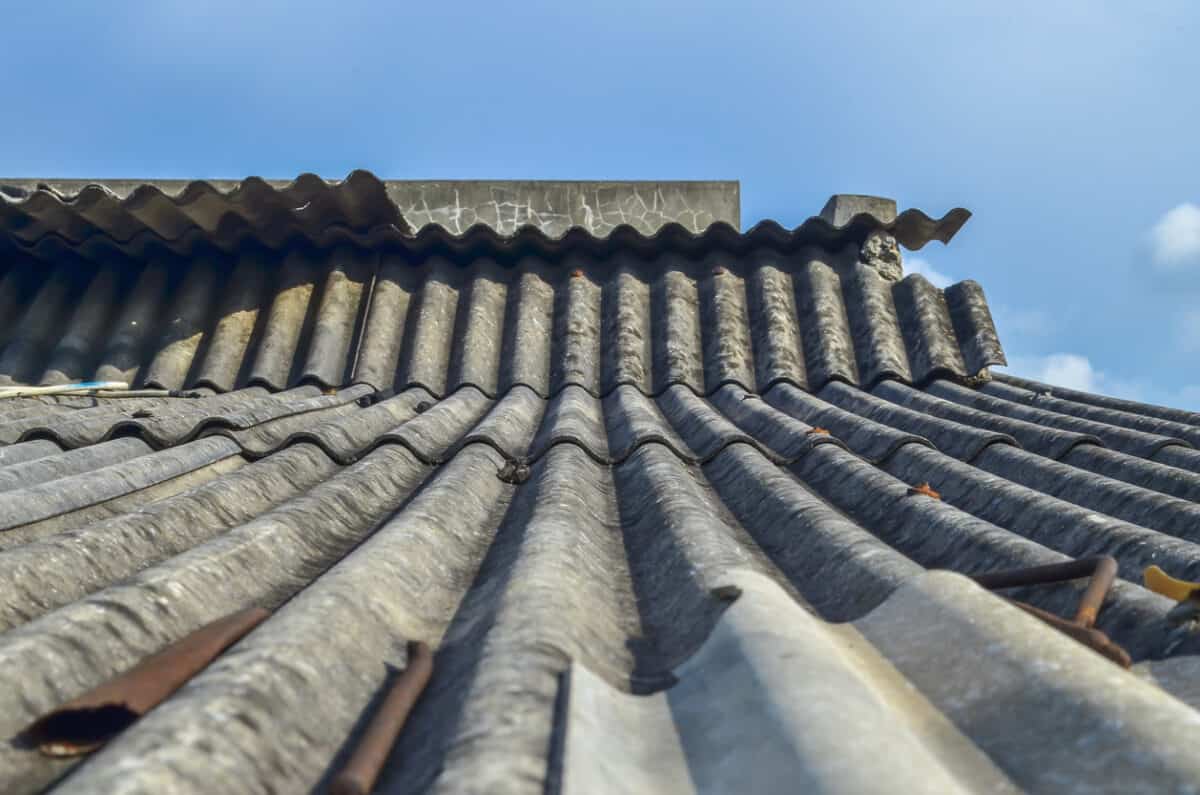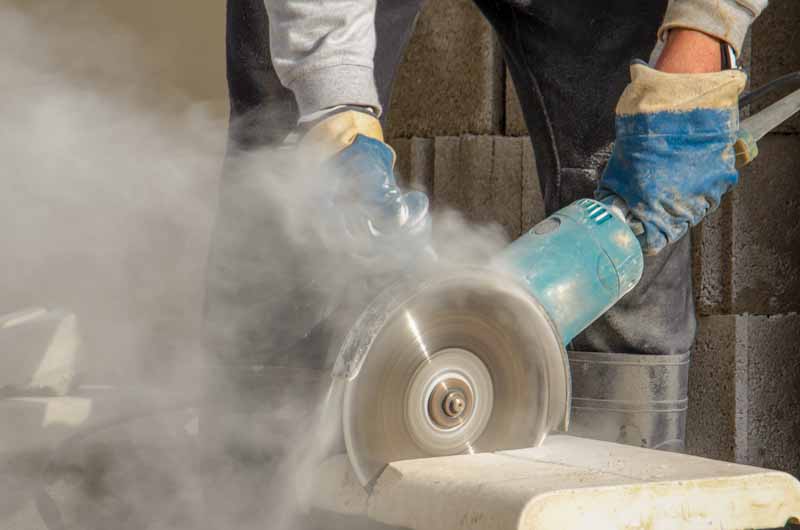Prominent investigative journalist, Matt Peacock, has died from pancreative cancer. Few of us are lucky enough to save people’s lives, some of us change the world. Matt did both. He was never an occupational health and safety (OHS) specialist but his impact on the world of work, especially in Australia was profound and, probably, unmatched.
In 2019, I was helping the (then) Safety Institute of Australia with its conferences. I approached Matt to speak at the 2019 national conference dinner in Sydney, hoping he would be provocative. (Here is an article from that time) He shocked many in the audience when saying:
“..my message tonight is that if you were all doing your jobs properly, then I wouldn’t have had anything to report on in the first place.”
He did not let up on his challenging criticism that night. Below is the full transcript of his presentation, available for the first time.

